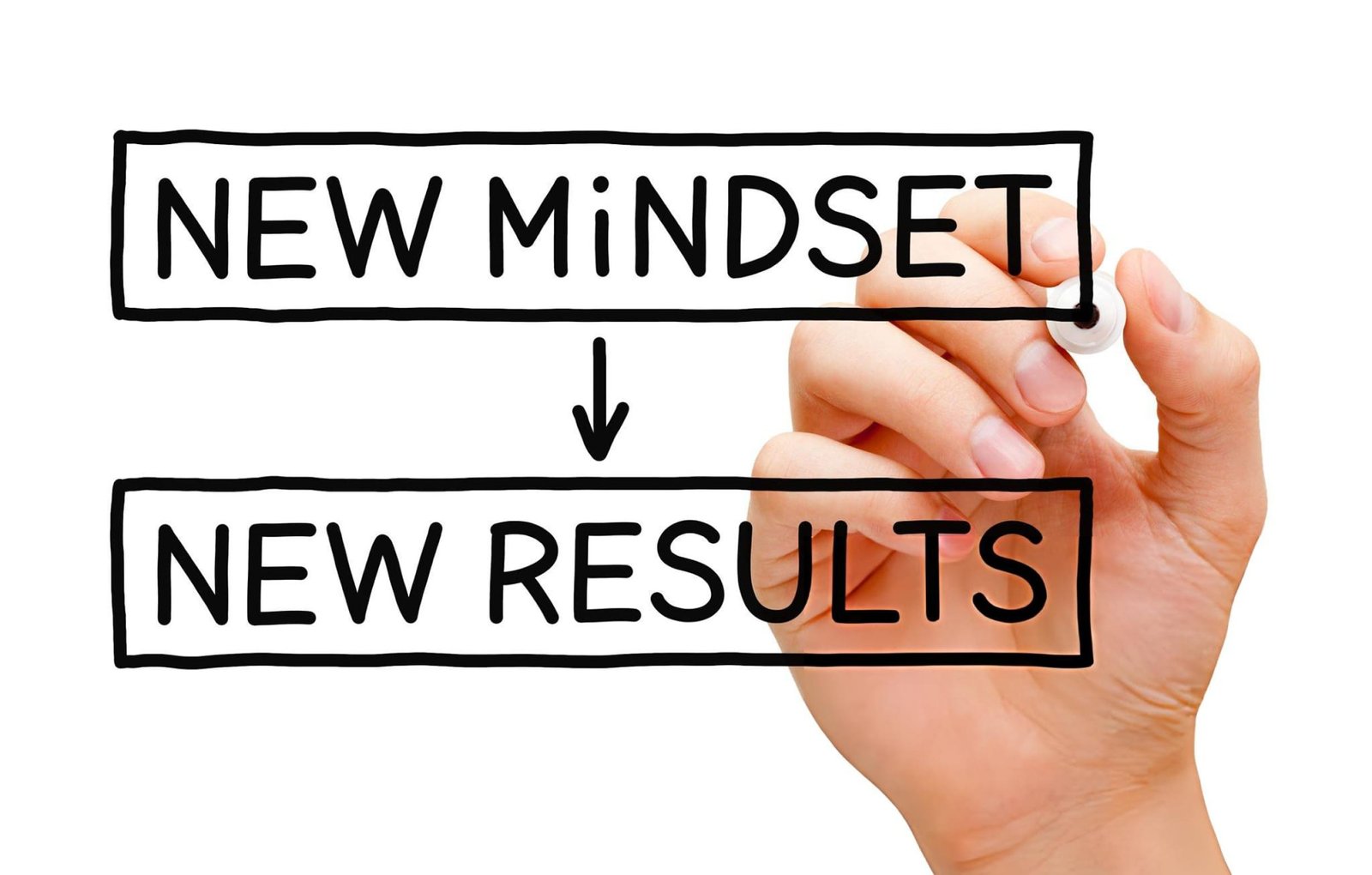Struggling to address mental health challenges in schools or clinics? Discover how mental health program consultations, DBT skills training, and workshops can foster resilience and growth in your institution. Learn how these strategies can create thriving, healthier communities—and book a free consultation today!
Why Mental Health Matters More Than Ever
In today’s fast-paced world, mental health challenges like anxiety, depression, and trauma are becoming more prevalent across schools and clinics. Without proper strategies, institutions often struggle to meet the needs of their students and clients. This is where mental health program consultations, DBT skills training for therapists, and DBT workshops for therapy teams step in as game-changers. These services are designed to transform how schools and clinics approach mental health, creating environments that support emotional well-being and resilience.
If you’re ready to take the first step, let’s explore how these tools can make a lasting impact on your institution.
What is Mental Health Program Consultation?
Mental health program consultation is a collaborative process where experts partner with schools, clinics, and therapy teams to assess their current systems and implement evidence-based solutions. These consultants provide tools, training, and strategies to create supportive and mentally healthy environments for students, staff, and clients.
Some key services include:
- Designing and implementing DBT skills training for therapists and educators.
- Offering DBT workshops for therapy teams to enhance collaboration and care delivery.
- Equipping institutions with tools to foster emotional regulation, resilience, and open dialogue about mental health.
1. How Mental Health Program Consultation Transforms Schools
Schools have a unique opportunity to shape the emotional well-being of young minds. With the right mental health strategies in place, schools can create inclusive, supportive spaces where students thrive.
a. Evidence-Based Curricula Implementation
Mental health consultants can introduce programs like mindfulness practices, resilience training, and Dialectical Behavior Therapy (DBT) skills. These include:
- Distress Tolerance Skills: Helping students manage overwhelming emotions during challenging situations.
- Interpersonal Effectiveness Skills: Teaching students to build healthy relationships and resolve conflicts.
These tools improve students’ emotional regulation, focus, and overall school performance.
b. Training Educators in Mental Health Strategies
Teachers are often the first to notice when a student is struggling. Consultants provide DBT skills training for therapists and educators so they can:
- Recognize early signs of mental health challenges.
- Use techniques like Radical Acceptance and Opposite Action to help students navigate emotional hurdles.
- Foster open conversations about mental health to reduce stigma.
c. Reducing Stigma Around Mental Health
Stigma prevents many students from seeking help. By encouraging schools to openly discuss mental health, consultations promote a culture of acceptance and empathy.
Did you know? Schools that prioritize mental health support see improved academic performance and reduced dropout rates.
2. Using Mental Health Program Consultation to Enhance Clinical Settings
Clinics are at the forefront of patient care, and mental health consultations can elevate the quality of services offered. Here’s how:
a. Introducing DBT-Based Skills and Strategies
Through consultations, clinics can integrate effective therapeutic approaches, such as:
- DBT Skills: Teaching clients how to regulate their emotions, build stronger relationships, and tolerate distress.
These structured strategies provide clients with actionable tools to improve their mental well-being, ensuring a more comprehensive and tailored approach to care.
b. Professional Development for Clinicians
Clinicians benefit from access to the latest practices and tools. For example:
- Training in DBT skills for therapists equips professionals with actionable techniques to support clients’ emotional regulation and interpersonal effectiveness.
- DBT workshops for therapy teams promote collaboration and ensure clinicians work cohesively to deliver consistent, effective care.
c. Strengthening the Therapist-Client Relationship
Empathy and trust are central to effective therapy. Mental health consultations focus on building these qualities, ensuring clients feel heard and understood. As a result, clinicians foster stronger, more meaningful connections with their clients.
3. The Broader Impact: Fostering Resilience and Well-Being
Whether in a busy school hallway or a private therapy session, mental health program consultations create a ripple effect of positive change. Here’s why investing in these services matters:
- For Students: Improved focus, reduced anxiety, and better relationships.
- For Educators and Clinicians: Greater confidence in addressing mental health issues.
- For Institutions: A culture that prioritizes well-being, reduces stigma, and supports long-term success.
By normalizing conversations around mental health, consultations break down barriers, ensuring no one is left behind.
FAQs
What is DBT, and how does it help?
DBT, or Dialectical Behavior Therapy, is a skills-based approach that helps individuals manage intense emotions, improve interpersonal relationships, and make healthier decisions. It’s widely used in schools and clinics to promote emotional regulation and resilience.
Who can benefit from DBT workshops for therapy teams?
Therapists, social workers, and other mental health professionals benefit from DBT workshops. These sessions enhance their ability to teach clients essential skills like mindfulness, distress tolerance, and emotional regulation.
Why should schools invest in mental health program consultation?
Schools play a crucial role in shaping young minds. Mental health program consultations equip educators with tools to recognize and address student challenges, reduce stigma, and improve academic outcomes.
Ready to Make a Difference? Book Your Free Consultation Today!
If you’re ready to transform your school or clinic into a beacon of mental health excellence, let’s connect! I offer free consultations to discuss how mental health program consultations, DBT skills training for therapists, and DBT workshops for therapy teams can meet your unique needs.
Together, we can create a roadmap to foster emotional resilience, well-being, and growth in your institution.
👉 Click here to book your free consultation today!
Let’s build a healthier, brighter future—one step at a time.







